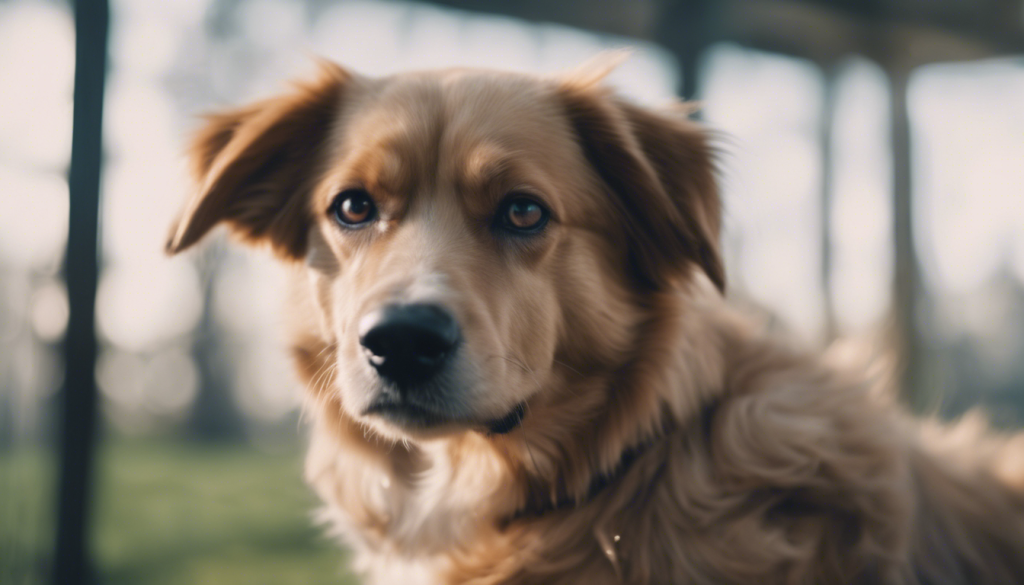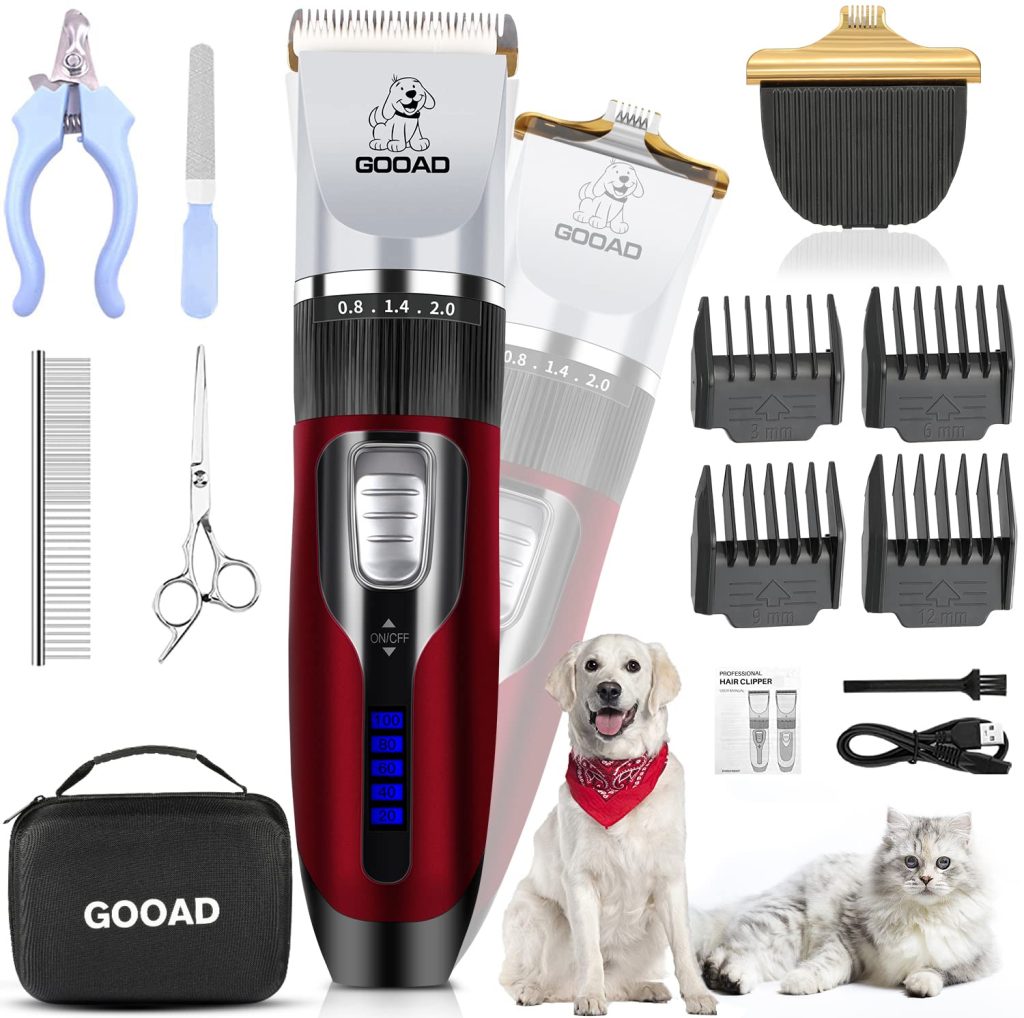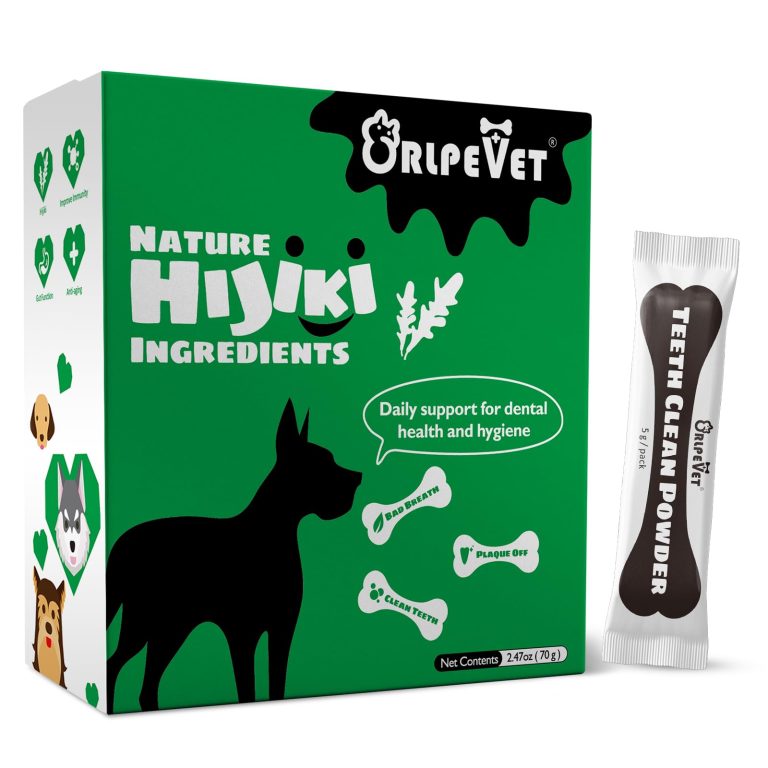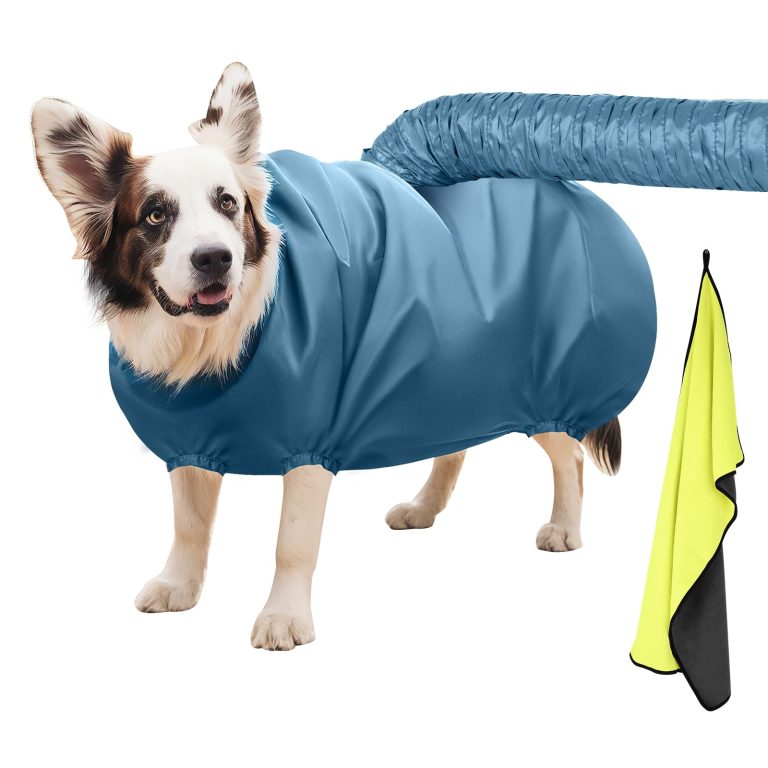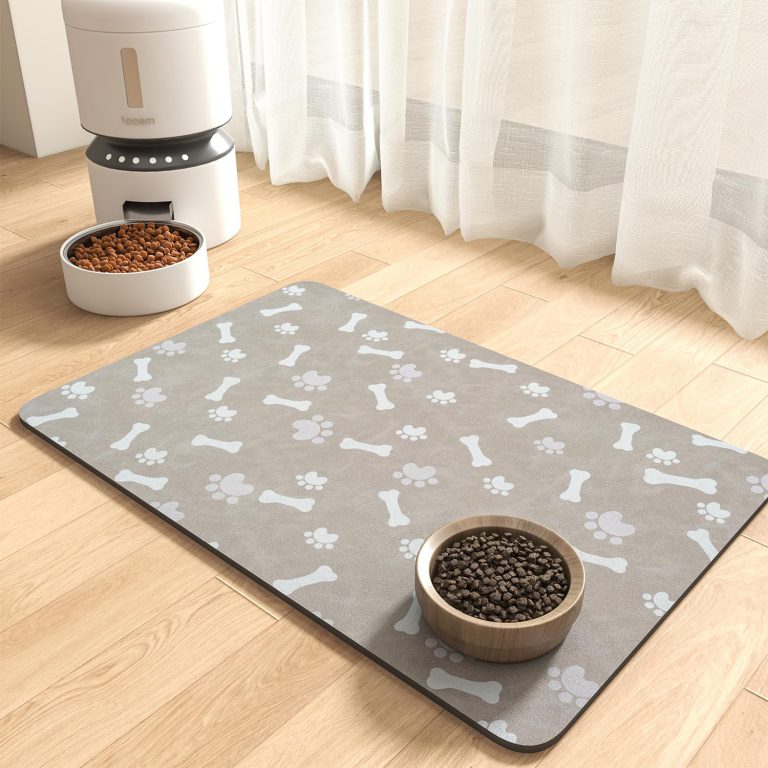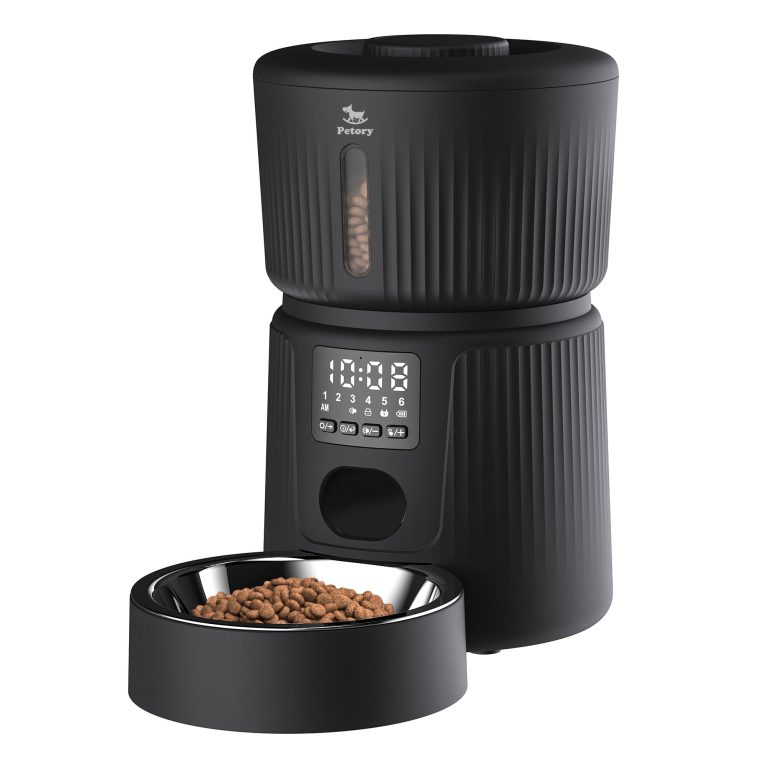Pharaoh Hound
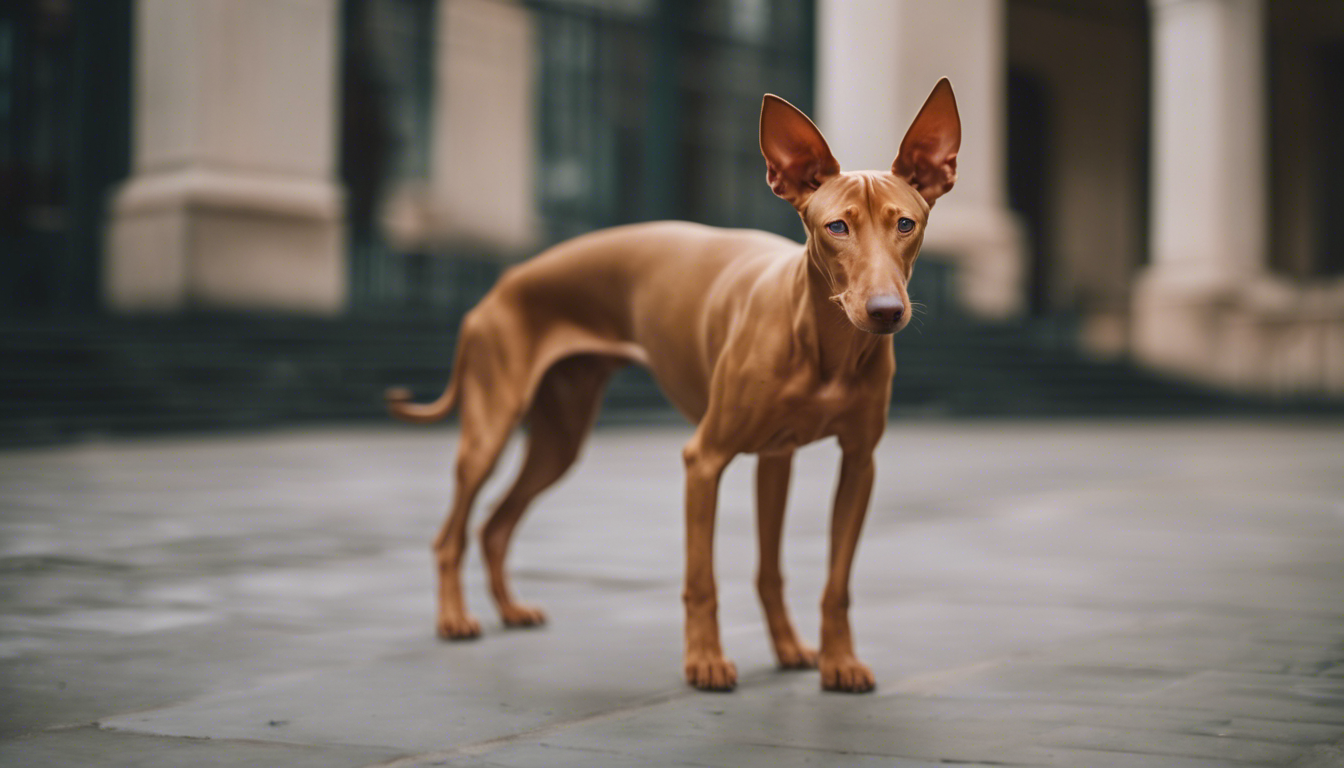
Pharaoh Hound: A Royal Companion
Pharaoh Hounds are an ancient and regal dog breed that originated in Malta. Known for their elegant and graceful appearance, these dogs have unique breed-specific traits, strengths, weaknesses, and care guidelines that every prospective and current owner should be aware of to ensure their well-being. In this article, we will delve into various aspects of Pharaoh Hound care, including their characteristics, temperament, exercise needs, potential health issues, grooming requirements, and dietary recommendations.
Characteristics of Pharaoh Hounds
Pharaoh Hounds are medium-sized dogs with an athletic build and a distinctive reddish coat. Their sleek and muscular bodies contribute to their agility and speed. These dogs have an intelligent expression, alert almond-shaped eyes, and erect ears. One unique trait of Pharaoh Hounds is their ability to blush when excited, with their noses and ears turning a rosy color.
Temperament
Pharaoh Hounds are known for their friendly and gentle nature. They are affectionate towards their family members and get along well with children and other pets when properly socialized from an early age. However, due to their strong hunting instincts, they may chase smaller animals such as rabbits or squirrels if not trained and supervised.
Although they are generally good-natured, Pharaoh Hounds can be sensitive and may not respond well to harsh training methods. Positive reinforcement techniques that involve rewards and praise work best with this intelligent breed.
Exercise Needs
Being an active breed, Pharaoh Hounds require regular exercise to maintain their physical and mental well-being. A daily routine that includes long walks, jogging sessions, or off-leash play in a securely fenced area will help them burn off their energy. Keep in mind that these dogs have excellent stamina, so engaging in activities such as agility or lure coursing can help fulfill their need for mental and physical stimulation.
Potential Health Issues
While Pharaoh Hounds are generally a healthy breed with few inherited health problems, prospective owners should be aware of certain conditions that can affect them:
- PK Deficiency: Pharaoh Hounds are prone to Pyruvate Kinase Deficiency, a genetic condition that affects red blood cells. Responsible breeders will test their breeding dogs to minimize the chances of passing on this disease to future generations.
- Hip Dysplasia: Although not very common, this condition occurs when the hip joint doesn’t develop properly. Regular vet check-ups and responsible breeding practices are essential to reduce the risk of hip dysplasia.
Grooming Requirements
One of the advantages of owning a Pharaoh Hound is their low-maintenance coat. Their short hair requires minimal grooming, with regular brushing to remove loose hairs and keep their coat shiny. Occasionally, they might benefit from a bath using a mild dog shampoo. As with all dogs, regular tooth brushing, nail trimming, and ear cleaning should be part of their grooming routine.
Dietary Recommendations
Feeding a high-quality, well-balanced diet appropriate for their age, size, and activity level is important for the overall health and longevity of Pharaoh Hounds. Consult with your veterinarian to determine the best diet plan for your individual dog. Ensure access to fresh water at all times and monitor their weight to prevent obesity, as excess weight can lead to various health problems.
To wrap it up, Pharaoh Hounds are remarkable companions known for their regal appearance and gentle nature. Providing the proper care, exercise, nutrition, and regular veterinary check-ups, while also considering their breed-specific traits and potential health issues, will help ensure that your Pharaoh Hound lives a happy and healthy life.

